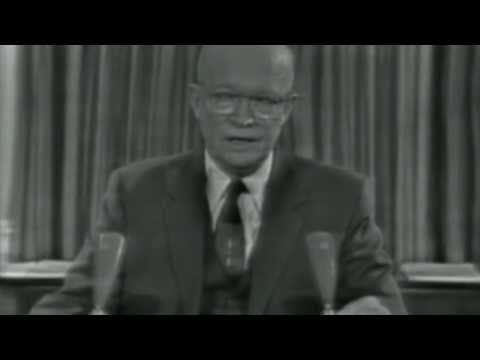By John Leake
Courageous Discourse
April 16, 2024
Over the last couple of years, many readers have urged me to focus my investigative reporting on the role of U.S. government agencies such as the Department of Defense instead of harping on the perfidious conduct of pharmaceutical companies such as Pfizer and Moderna.
I am aware of the preeminent role the Department of Defense has played in the criminal pandemic response. Nevertheless, I do not draw a sharp distinction between the DoD and companies like Pfizer and Moderna. I view the officers and directors of these corporations as having a symbiotic relationship with ranking officers of U.S. government agencies.
Fellow Substack authors, Katharine Watt and Sasha Latypova, have correctly emphasized that the Moderna and Pfizer-BioNTech gene injection shots are NOT pharmaceutical products, and that neither company actually manufactures these substances. Both investigators emphasize that Pfizer and Moderna are mere front organizations, and-pursuant to the PREP Act of 2005-bear no actual power or liability.
I agree. However, in reviewing the history of the U.S. industrial corporations, I note that many guys moved back and forth between heading corporations and heading government agencies. Robert McNamara began his career in the military working for General Curtis LeMay. Later he worked for the Ford Motor Company and ultimately became its president, and then he became the Secretary of Defense for Kennedy and Johnson.
Senior officers and directors of the industrial services company, Brown & Root, were key supporters of Lyndon Johnson's political campaign, and he rewarded the company handsomely after escalating the war in Vietnam, thereby helping the company to win the moniker "Burn & Loot."
Donald Rumseld and Dick Cheney enjoyed similar careers, moving back and forth between the private and public sectors. Shortly before Cheney became a key figure in America's Iraq War fiasco, he was the CEO of Halliburton, whose stock price enjoyed a 5X return between March 2003 and June 2008.
During the bird flu scare of 2005, President Bush asked Congress to allocate $7 billion in emergency funding to prepare for the possibility of the bird flu mutating into a human epidemic. He specifically asked for $1 billion to be allocated for the purchase of Tamiflu, jointly developed by Gilead Sciences and Roche. It just so happened that Defense Secretary Donald Rumsfeld was a major shareholder who made millions from the trade.
2005 was a windfall year for the Bio-Pharmaceutical Complex, whose lobbyists worked closely with the Bush Administration to pass the PREP Act. This radical piece of legislation has served as a key instrument for giving U.S. government agencies emergency power and for enriching the pharmaceutical industry in the event of a pandemic-real, perceived, exaggerated, or fabricated.
One of the most powerful supporters of Theranos-the fraudulent blood testing company started by Elizabeth Holmes-was former Secretary of State, George Schultz. He still had cronies in the Pentagon who were keen to purchase Holmes's bogus machines for the military.
During the COVID-19 pandemic, we saw the blossoming of similar cozy relationships. FDA Commissioner Dr. Scott Gottlieb was appointed to Pfizer's Board of Directors shortly after he left the agency. Likewise, six months after he gave approval to Moderna's new COVID-19 vaccine, FDA Commissioner Dr. Stephen Hahn was offered a position at the venture capital firm that was one of Moderna's primary backers. Among major media players, Jim Smith, the CEO of Reuters, was appointed to Pfizer's Board of Directors in 2014 and is also on the international business council of the World Economic Forum.
Moncef Slaoui was head of vaccine development at GlaxoSmithKline until 2017. At the time President Trump appointed him to lead Operation Warp Speed, he was a board member of both CEPI and Moderna, a primary candidate for Warp Speed funds. Though he resigned from the Moderna board to avoid a conflict of interest, he retained his stock options, which gained $2.4 million in value on the day the company announced favorable preliminary results of its Phase I trials. This raised concerns about his neutrality in judging its vaccine's safety and efficacy data, so he agreed to divest his shares of Moderna stock.
Like Krupp and I.G. Farben during the Third Reich, U.S. corporations are bound to U.S. government institutions like the DoD, DARPA, NIH, HHS, and BARDA in an arrangement that strongly resembles Fascist Corporatism.
It seems to me that in trying to understand these relationships, it is useful to consider President Eisenhower's Farewell Address in 1961. His warning to Americans about the rise of the Military-Industrial Complex is now more relevant than ever, and all Americans should be throughly acquainted with this speech.
This originally appeared on Courageous Discourse.
